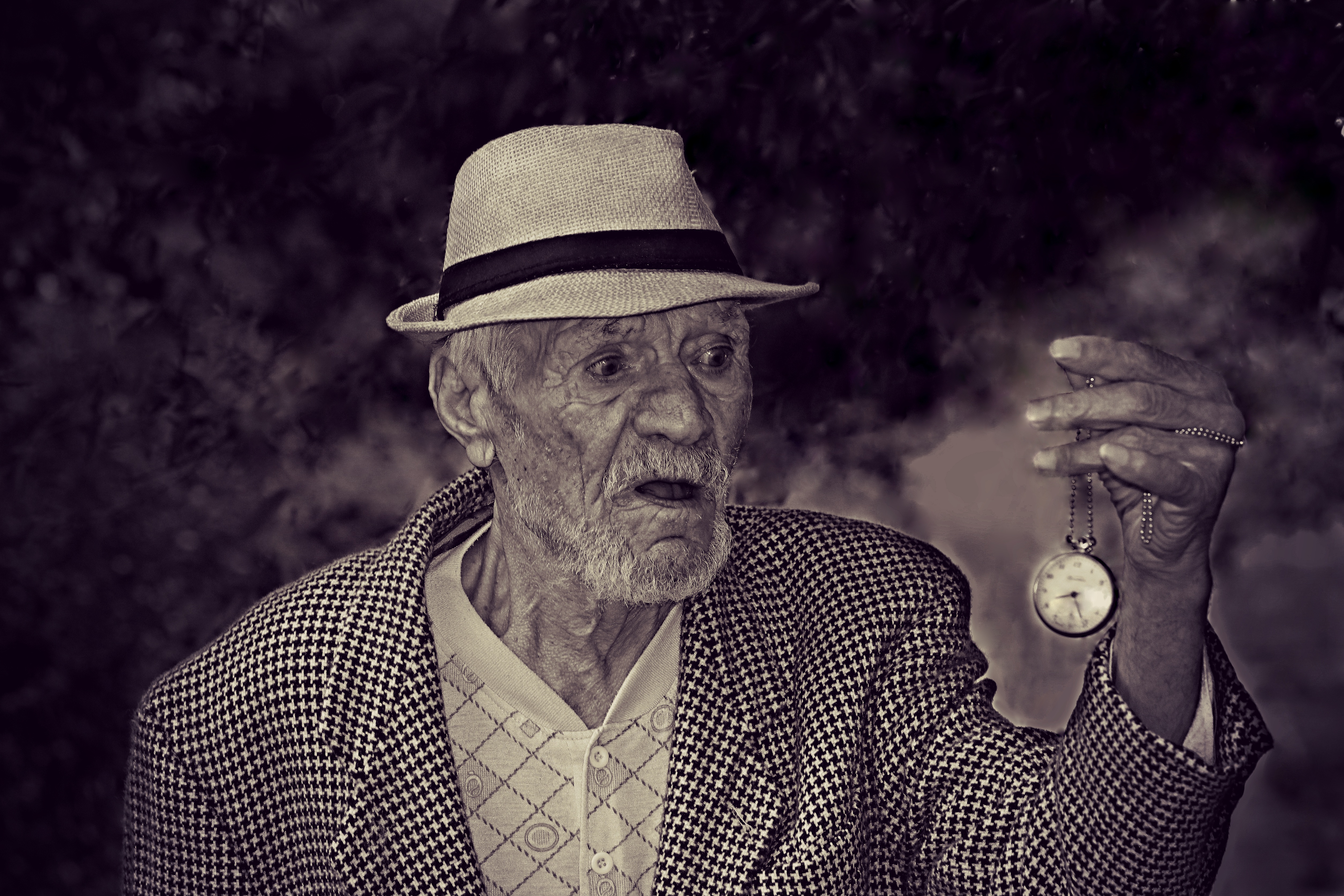You’ve driven the same old car for years. Now, all of a sudden, you just have to have the newest Corvette? Do you find yourself obsessing about others half the age of your spouse? Are you feeling really old and depressed around the younger bucks at work? Are your sex drive and erections plummeting faster than a lead balloon? Maybe you’re in “manopause.”
Man Up
Manopause, a term used to describe the “male change of life,” was coined in 1991 by Dr. Stanley Korenman at UCLA. Not happy with the term “male menopause,” he defined manopause as “an umbrella term to describe age-related alterations whose exact nature is still to be determined.” True enough, two and a half decades later, it’s nature remains yet to be determined.
For sure, manopause is similar to the female menopause, a term that describes that brief period in a woman’s life during which the ovaries cease to work. That means the end of ovulation and periods, some hot flashes and much lower female hormone levels. Although occurring at about the same age, manopause differs in that it involves a slow, steady decline in testosterone levels over several decades, and because of this is often undiagnosed. Know too that popular culture tends to associate these hormonal changes with “midlife crises.”
Man Down
Since they walk hand in hand, the real question is does aging itself lead to hormonal changes or do the hormonal changes age us? It’s a chicken-egg thing. Regardless, this is what happens to men during manopause:
- Decreased sexual function including libido, erections and infertility
- Loss of height, muscle, strength, endurance and performance
- Frailty and decreased bone density
- Fatigue and diminished energy
- Memory loss and poor concentration
- Increased body fat
- Irritability, anger, anxiety, aggression, sadness and depression
- Anemia (low blood counts)
- Loss of body hair, tender breasts, shrinking testes
- Sleep apnea
- Heart disease
The problem is that it’s often difficult to tell which of these symptoms is due to normal aging, to the onset of diseases such as diabetes or obesity, or simply due to lower testosterone levels. As you might surmise, given the complexity of things, testosterone treatment for menopause may not be the Holy Grail you’d think it’d be. Maybe it’s testosterone-related and maybe it isn’t.
My theory is that, yes, testosterone falls slowly in all men with age and this is part of normal aging. However, other medical conditions such as heart disease, obesity and diabetes speed things up and lower testosterone levels at a rate that is much faster than normal for aging. As a consequence, manopause symptoms occur earlier or are more severe than expected. And this needs some care.
Man Out
So what’s a clinician to do? In my practice, I perform a thorough history and physical exam and search for potential medical causes of these symptoms, and treat or refer appropriately. I encourage healthy eating, weight loss and regular exercise. I prescribe getting plenty of rest, reducing stress of all kinds, keeping your mind active, and limiting alcohol use. And, yes, knowing what happens to testosterone as men age, I will top off testosterone levels to match those of younger men and follow them carefully.
So, although men can get “complicated” around mid-life, they really aren’t. In the words of Isaac Newton: Truth is…found in simplicity and not in the multiplicity and confusion of things.”
This article originally appeared on Dr. Turek’s blog.




